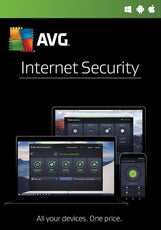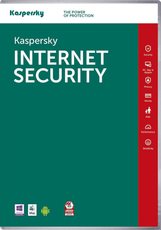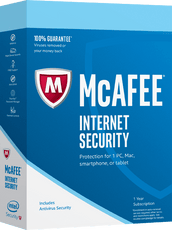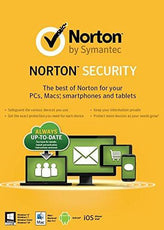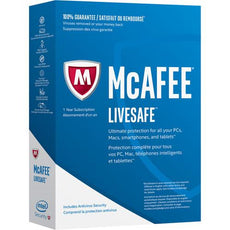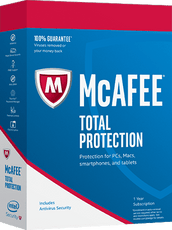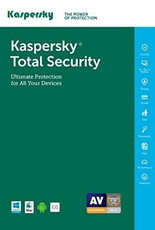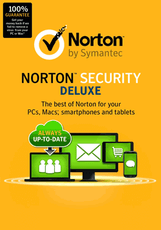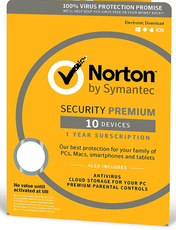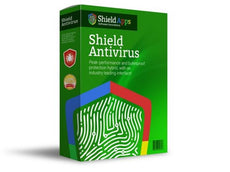As an internet user you are at risk to the likes of viruses and other security threats. You have to be aware that without an antivirus and security measures, your computer is under attack.
Here are five of the most common threats.
• Malware AKA malicious software that infects your computer, removes your data, or even enters your network.
• Phishing This scam uses hoax or incomplete info to trick internet users to reveal their passwords and other relevant data, commonly via email or social media.
• Trojans Are software that “appear” authentic and convince user to run it, but in reality it releases a malignant load that destroys your computer after deleting all your files.
• Viruses Are like flu viruses that infect software on your computer. Using this software in your internet causes the virus to run all over your computer.
• Worms Are programs that are duplicated and spread all over a network, infecting several devices. Worms harm a network, while viruses harm a particular computer.
How to stay safe from viruses and other threats to internet security measures?
1. Utilize virus scanner while updating all software. Whether you are working from home or working on an office, installing basic virus scanning capability in your PC gives you the best advantage.
2. Minimize exposure to hackers and scammers by disallowing access to your cyber infrastructure. Eliminate access that is unnecessary to both your hardware and software, and limit individuals and privileges of running programs only to equipment and programs that are needed.
3. Create a firewall. Without one you are simply unsafe. It only takes a few minutes for a computer to be infected with no firewall.
4. Do not be a victim to virus frauds. Some types of emails are bearers to fear, never click on links within emails whether it looks genuine or not unless you are expecting the email. If in doubt go directly to the source of the email’s website and email or call them up.
5. Opt for a strong password. Better adopt unique passwords for every online account you use: use different ones for email, financial institution and social media. Use at least eight characters; a strong password combines letters, numbers and special characters.
6. Today, there are over 2,095, 006, 005 internet users all over the world comprising 30% of the world’s population. All are using computers and are facing the threat of virus and dangers of internet security. The internet is a wonderful place to stay, but there are all kinds of wolves with their persistent threats. Beware of malware, dangerous software which is specifically developed to damage a computer system; they are as harmful as they attack your computer through the web and often replicate it.
7. Install at a minimum basic Antivirus software.
Antivirus software is not a perfect adversary against cyber-attacks most companies offer Internet Security such as BullGuard Internet Security, McAfee LiveSafe and Kaspersky Internet Security which includes Antivirus and can protect you against a lot more - but if you are limited to a small budget it is better to have Antivirus rather than no software at all.






